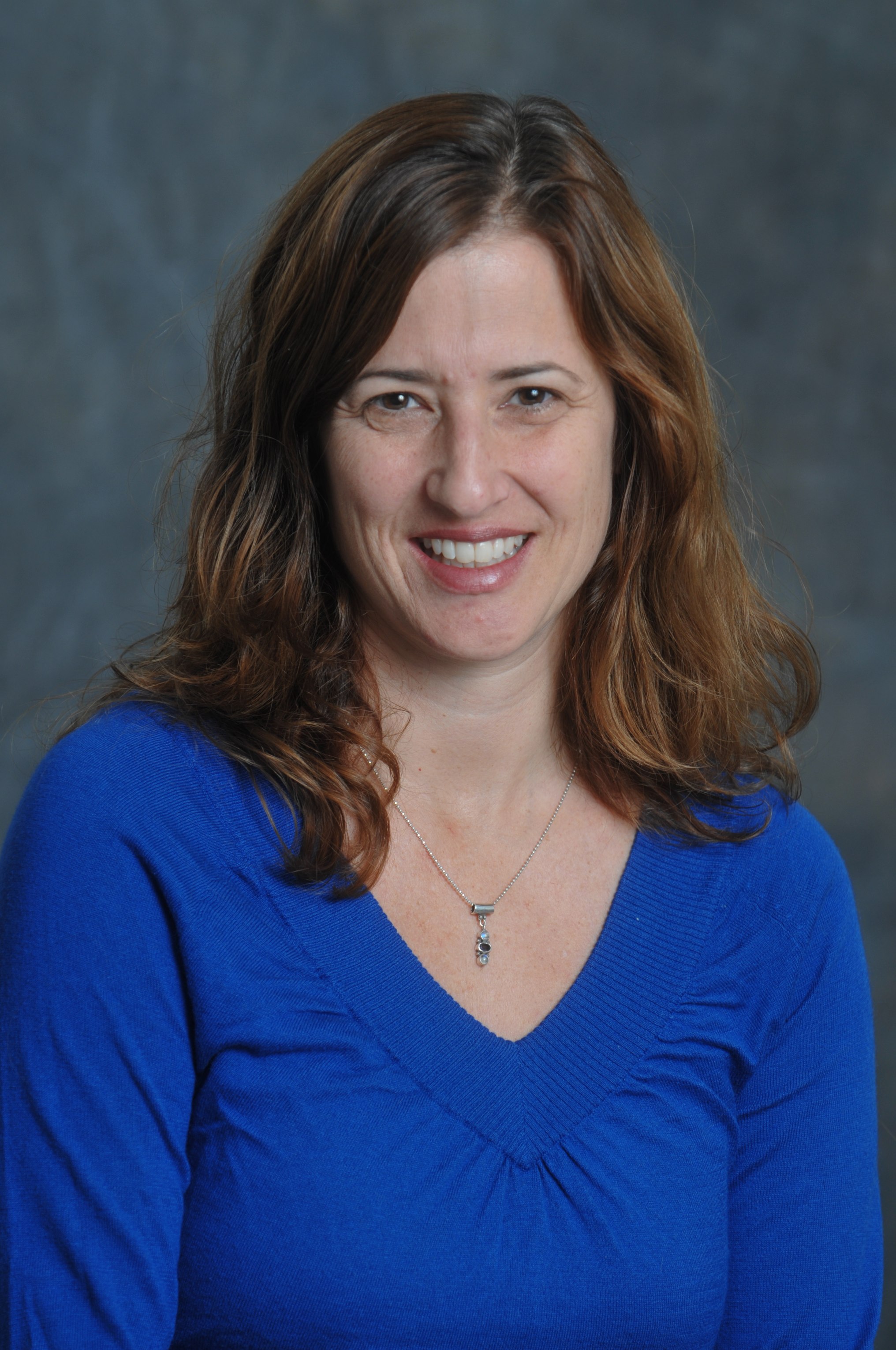By Laura Abrams, Ph.D., Professor and Chair, Department of Social Welfare, UCLA
When I was in graduate school in 1996, my first semester of my PhD program at UC Berkeley, I recall writing a policy paper on “What the Odwalla Juice Scare Can Teach Us About Gun Violence.”
At that time, I was compelled to examine the idea that the government acts very quickly on even very remote instances of preventable injury and death (such as tainted juice), but does not do the same for gun violence. In the wake of the recent mass shooting in Parkland, Florida, I am once again thinking about how social workers can more effectively influence the policy debate about guns. My friend and colleague Wesley Church and I crafted an Op-Ed about this issue, and I felt compelled to publish a piece of this piece in CADD Corner. Written below is a modified version of our initial article.
With the tragic loss of 17 lives on February 14 in Florida, American gun violence is once again front and center in our collective consciousness. As social work educators, we mourn with the families of the bereaved and imagine ourselves in their shoes. We cry. We comfort our children and other loved ones. We ask ourselves, “What can we do?” Yet the next day, we wake up numb. We feel hopeless. We struggle to move on. We forget the pain and grief until it happens again. And then we start again at square one.
Politicians and the media also repeat their questions: “Why wasn’t the shooter reported to the authorities?” How do we make schools safer?” “Is now the right time to talk about common sense gun laws?”
These are the same conversation we have heard since Columbine, Virginia Tech, Sandy Hook, Orlando, San Bernardino, Las Vegas, and countless others. But when will we reach a critical tipping point? Amid the horror and shock of mass shootings, it is important to understand that these tragedies constitute just a fraction of the gun violence in America. In fact, on average, 96 people a day in the United States die by gun violence. For every one killed, two more are injured.
As social workers who value the dignity and worth of all persons, we do not accept that this needless loss of lives is a permanent fixture in American society. We reject the reality that parents send their children to school worried that they may not come home alive, or that teachers need to own guns to protect their own students from harm. We refuse to rely on prayers alone to assuage the grief that these parents, relatives and friends are feeling. We know that systems must change in order to assuage the fear that we are all feeling in response to the mass shootings of our recent history.
As social workers, we are the largest providers of mental health services in this country. The discourse about mental illness should also concern us deeply. Statistics do not support the claim that the majority of perpetrators of gun violence are mentally ill, and this notion perpetuates stigma and fear. According to a 2015 publication of the American Journal of Public Health: “Databases that track gun homicides, such as the National Center for Health Statistics, similarly show that fewer than 5 percent of the 120,000 gun-related killings in the United States between 2001 and 2010 were perpetrated by people diagnosed with mental illness.”
Of course, more responsive and effective mental health treatments, school-based programs, and prevention services are important to our mission. We must absolutely advocate for increased funding to help children and adults suffering from isolation, bullying, trauma and pain. But as social workers, we know that mental health problems are not necessarily preventable, and that even the best, most carefully delivered interventions won’t prevent access to firearms or wipe away the possibility of additional mental health challenges in the future. Mental health and well-being is always goal for our profession, but is not the solution to gun violence. And when we address a problem with the wrong solution, we will always come up short.
Just as I wrote in my 1996 policy paper, I still believe that gun violence is a preventable public health problem, and view this is one of the greatest threats to health and social justice of our current time. Will social workers join or lead this charge? Following the lead of the brave youth who are marching on Washington, staging school walk-outs, and challenging elected officials on national television, our voices ought to be heard. The national movement is now, and the youth voices are our catalyst: enough is enough; the time for policy reform and common sense gun control is now.
Laura Abrams, MSW, PhD is Chair and Professor in the Department of Social Welfare at the UCLA Luskin School of Public Affairs.













